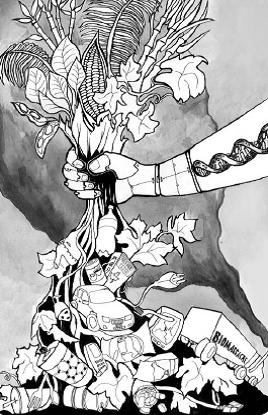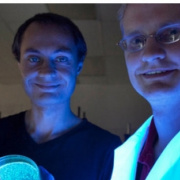Why Synthetic Artemisinin Is Still a Bad Idea - A Response to Rob Carlson
Submitted by Jim Thomas on
Background: At a recent Synthetic Biology Conference in Cambridge UK, Synthetic Biologist Jay Keasling announced that the consortium he was working with now intend to replace the entire global supply of artemisinin (an anti-malarial compound) with their new synthetic-biology derived version.



